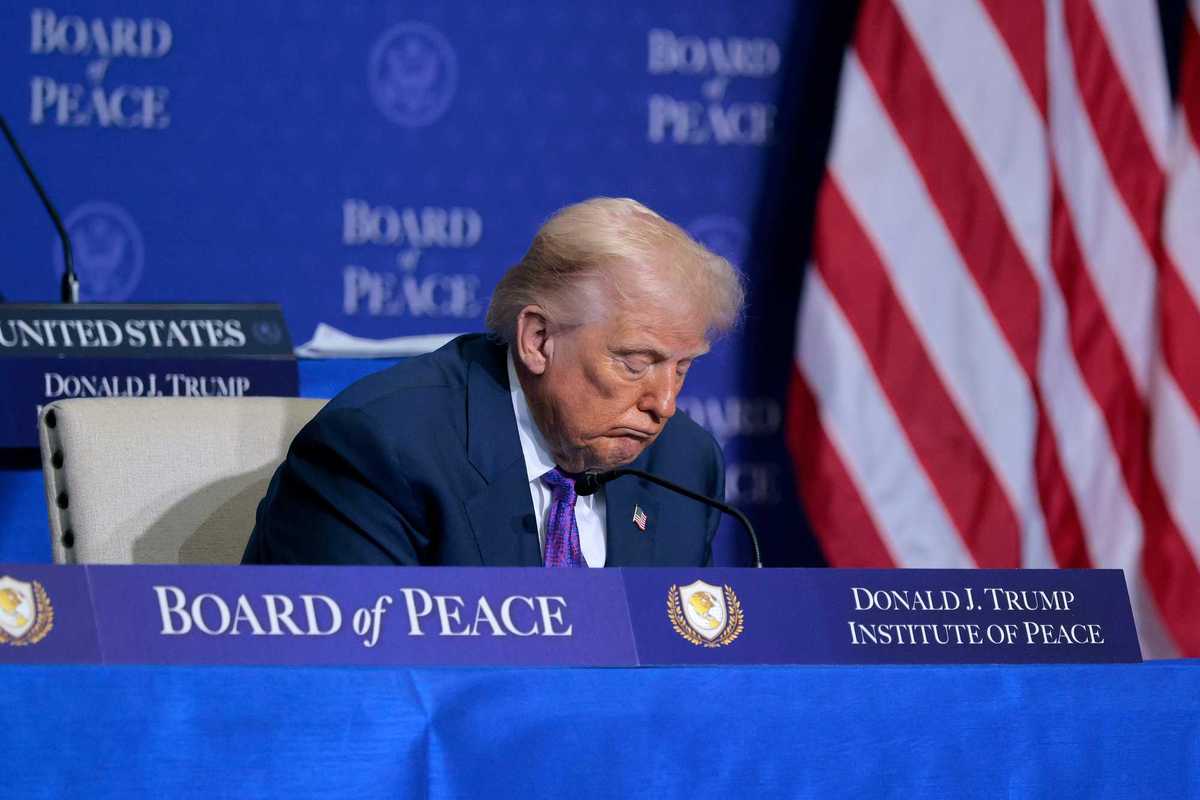News
Indy100 Staff
Jul 16, 2015
In the early hours of Thursday morning Greek MPs passed the first of many expected austerity bills to clear the way for a eurozone bailout package as protesters outside hurled rocks and petrol at police.
Who voted for it?
Parliament voted 229-64 to implement more austerity measures that include pension cuts and sweeping sales tax hikes.
Thirty-eight Syriza members defied prime minister Alexis Tsipras — nearly one-in-four — including the government's energy minister, the speaker of parliament, and Yanis Varoufakis, the former finance minister who headed Greece's bailout strategy until he quit ten days ago.
What do Greek voters think?
At least 12,000 of them were unhappy enough to demonstrate outside parliament in the biggest protest against the government since Syriza won elections in January. The rally turned violent and about 50 people were arrested for hurling rocks and petrol bombs at police, who responded with tear gas.
What do the creditors say?
The eurozone agreement on Monday already spelt out that creditors "stand ready to consider" debt relief, which the IMF strongly advocated on Wednesday. But the other creditor powers, including Germany, are adamant that Greece can only receive debt relief after it has reformed its economy and cut back state spending.
Will this force a Grexit?
Not necessarily. The immediate priority for Greece is to secure a €12million bridging loan to see it through the next three months and to prevent it defaulting on a bond repayment to the European Central Bank (ECB).
What happens after that?
Negotiations on the new bailout will take an estimated four weeks, leaving European finance ministers scrambling to find ways to get Athens some money sooner - the ECB is considering a request for an emergency cash injection to help fully reopen Greece's banks and ATMs.
More: Even the IMF thinks Greece's bailout deal is too harsh
More: This is why lots of people think the Greece bailout deal is a 'coup'
Top 100
The Conversation (0)













